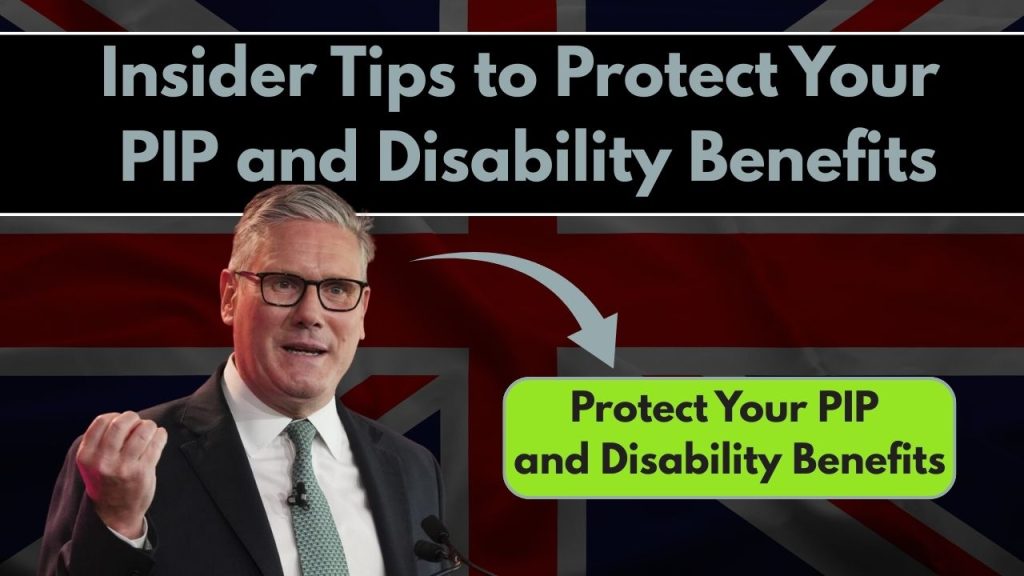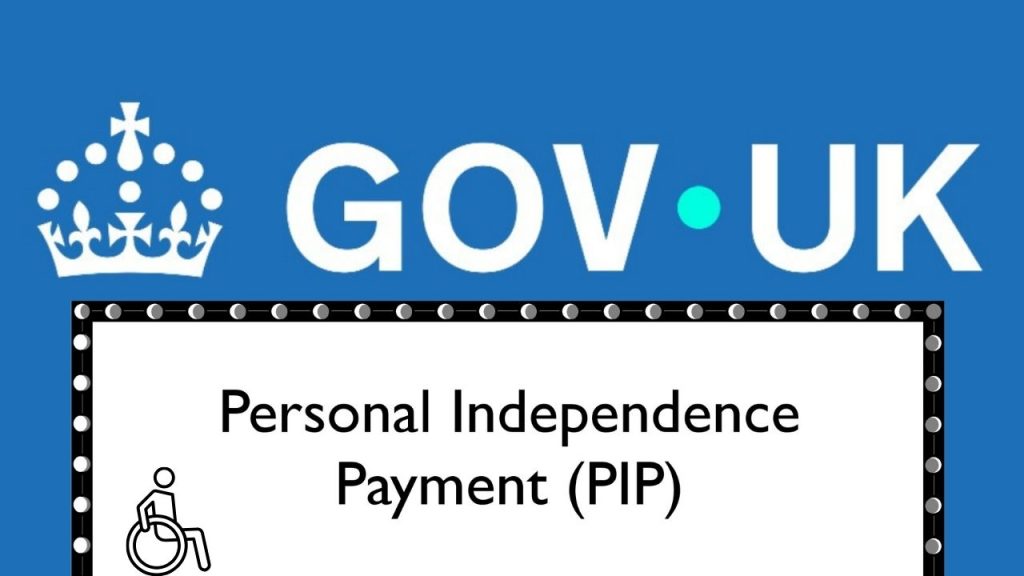Personal Independence Payment (PIP) and disability benefits can be a vital lifeline for many people in the UK who face long-term physical or mental health challenges. Understanding how to protect these benefits is crucial, especially as the assessment rules and eligibility criteria evolve. Drawing on insider knowledge from a former Department for Work and Pensions (DWP) employee and combining trusted official sources, this article provides practical, easy-to-understand advice on safeguarding PIP and disability benefits. Whether you are a first-time claimant or reviewing your ongoing claim, this guide will help you navigate the system confidently.

PIP is designed to help people aged 16 to State Pension age who have difficulties with daily living or mobility due to health conditions or disabilities. This benefit is not based on income or savings and is paid regardless of whether the recipient works. Protecting this support requires understanding how the system works, what evidence to provide, and how to respond if your claim is challenged or reviewed.
Insider Tips to Protect Your PIP and Disability Benefits
| Topic | Details |
|---|---|
| What is PIP? | Benefit for disabled people needing help with daily tasks or mobility, replacing Disability Living Allowance |
| PIP Components | Daily Living (£73.90 or £110.40 per week) and Mobility (£29.20 or £77.05 per week) |
| Eligibility | Based on functional impact, not diagnosis; scoring system decides payment rate |
| Assessment | Conducted by independent health professionals; could be in-person, phone, or video |
| Appeal Success Rate | Over 65% of PIP appeals are successful after Mandatory Reconsideration |
| Important Tips | Keep detailed diaries, submit supporting medical evidence, and seek professional advice |
Protecting your PIP and disability benefits involves understanding the process, documenting your condition carefully, providing strong evidence, and preparing well for assessments and reviews. Staying consistent, seeking support, and knowing your rights to challenge decisions can make a real difference.
In 2025, with the UK government planning targeted reforms focusing support on those with the highest needs, staying informed and proactive is more important than ever. Use this guide as your foundation to maintain the financial and practical help you deserve.
Understanding PIP: What You Need to Know
PIP has two parts: the daily living component and the mobility component. How much a person receives depends on how their condition affects specific daily tasks and their ability to move independently. The DWP does not consider income or whether you work—eligibility is purely based on functional needs.
The daily living part covers tasks such as:
- Preparing and eating food
- Washing, bathing, and managing toilet needs
- Dressing and communicating
- Reading, understanding signs, symbols, or words
- Managing money and social engagement
The mobility part helps people who struggle to plan and follow journeys or need support moving around. Importantly, mental health conditions such as anxiety or PTSD are included in the assessment for both parts.

How Much Can You Get?
As of the 2025/26 financial year:
- Daily Living Component:
- Standard rate: £73.90 per week
- Enhanced rate: £110.40 per week
- Mobility Component:
- Standard rate: £29.20 per week
- Enhanced rate: £77.05 per week
These rates are paid every four weeks and are tax-free.
Step-by-Step Guide to Protecting Your PIP and Disability Benefits
1. Fill Out Your PIP2 Form with Care
After your initial claim, you’ll receive the PIP2 form (“How your disability affects you”). This is the most critical document because it explains how your condition impacts your daily life, on both good and bad days.
- Be specific: Instead of saying “I need help washing,” explain why — e.g., “I need help because my arthritis limits my hand movements and causes severe pain.”
- Report your struggles clearly, including mental health difficulties, fatigue, or cognitive problems.
- Return the form on time and include any existing medical evidence.
2. Keep a Daily Diary
A symptom diary is invaluable. Record how your disability affects you daily, including pain levels, mobility issues, and tasks where you need help. If your condition fluctuates, explain these changes and how good days are unusual.
3. Gather Strong Medical Evidence
Supporting letters from your GP, specialists, or therapists carry significant weight. These should describe your functional abilities rather than just stating a diagnosis. For example, a letter stating “John requires assistance dressing daily due to limited arm mobility” is more helpful than simply “John has arthritis.”
4. Prepare Thoroughly for the Assessment
PIP assessments are conducted by independent contractors and can be in-person, via phone, or video call. This assessment determines the points you earn for each activity.
- Be honest and detailed about your difficulties.
- Explain your need for help even for tasks you try to do yourself.
- Describe both your typical bad days as well as rare good days.
5. Understand Your Review and Appeal Rights
PIP awards are regularly reviewed by the DWP to ensure support remains appropriate. Reviews can be daunting, but some awards last for longer periods or have “light-touch” reviews, especially for lifelong conditions.
If your claim is reduced or stopped, don’t give up.
- First, request a Mandatory Reconsideration, where DWP rechecks their decision.
- If rejected again, you can appeal to a tribunal. Around 65% of appeals in recent years have been successful, giving many a second chance at the full benefit.
6. Use Available Support Services
Advocacy organizations such as Citizens Advice, Disability Rights UK, and local charities offer free support with form completion, evidence gathering, and appeals. Professional support significantly improves chances of success.
DWP Confirms Who Will Get the £300 Winter Fuel Payment in 2025 — Are You on the List?
Five Groups Who Won’t Receive DWP Winter Fuel Payment in 2025: Full List and Guide
Common Questions About PIP and Disability Benefits
Can I get PIP if I’m working?
Yes. PIP eligibility is not affected by employment status or income. It depends entirely on how your condition affects your day-to-day functioning.
What if my condition changes after I get PIP?
You must inform the DWP if there’s a change in your condition. You may request a reassessment or review to increase your award or, if your condition improves, your payments may be reduced.
How long does it take to get a decision?
After submitting your forms and attending assessments, most decisions take a few weeks. If you need help, responding quickly to requests for information speeds up the process.
What happens at an appeal?
You’ll present your case to an independent tribunal, often with help from a representative or advocate. Medical evidence and your symptom diary are critical here.






